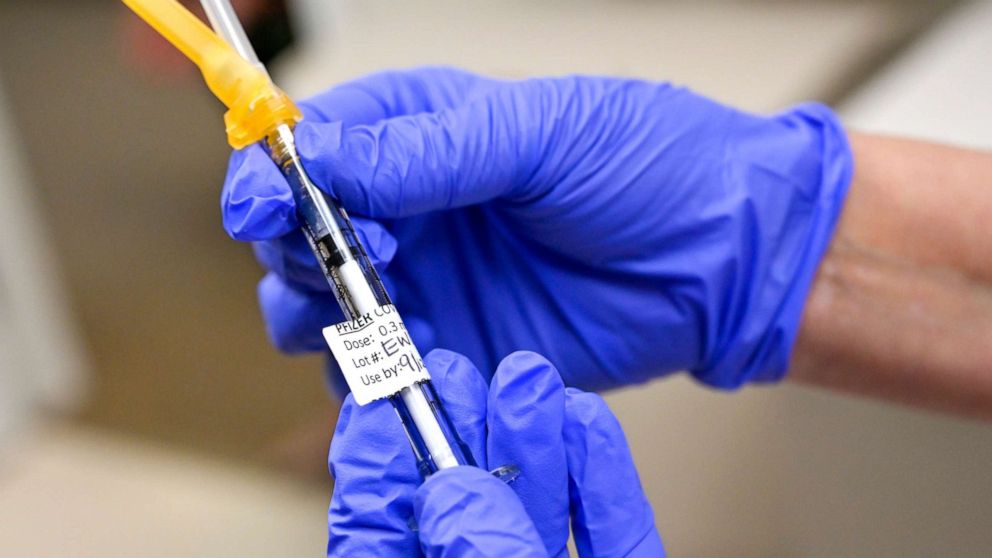When the pandemic started, no one was prepared. This contributed a lot to how quickly the virus spread. COVID was known to be highly contagious, and even before we knew it, the number of infected people continued to increase every single day. In response to this health crisis, governments worldwide had to impose strict protocols such as wearing masks, staying at home, and travel restrictions.
Luckily, these steps were able to help in reducing the flow of the virus. Although the effects were not that evident at the time of the surge of COVID, the changes have been more apparent as time passed. Slowly, countries opened their doors for tourists and locals alike. They have to make sure that they can take COVID exams such as the rapid antigen test for travel and the fit to fly COVID test. These tests were made to ensure the safety of each traveller.
Ever since the pandemic started, medical experts from all over the world have never stopped developing vaccines that could counter the virus. Thankfully, the health professionals were able to create vaccine shots that could help in boosting people’s immune systems. These vaccines were quickly rolled out for the public to use.
From then on, over 40.2% of the world’s population have already received their full dosage of COVID vaccines. But just like any other vaccine, the effectiveness of COVID-19 shots will be lessened over time. Therefore, the National Health Serviceor NHS in England has proposed a plan of offering a third vaccine known as the booster shot.
This step is administered in response to the demands of public health officials regarding the diminishing of immunity brought by the vaccines, which can be a huge concern, especially for the people who are immunocompromised.
A booster shot is simply just another dose of the COVID-19 vaccine. From the name itself, the purpose of this shot is to boost and increase the level of antibodies your body has prepared after being vaccinated the first time.
Given this information, it is entirely understandable why most people want to be injected with the booster shot. Although you may completely do that, you must remember to wait for six months after receiving your second dose. Apart from this, the NHS imposes that you should just wait for a confirmation whether or not you should get a booster shot. On the other hand, people who are over 50, frontline workers, immunocompromised, and pregnant women are completely eligible and are even encouraged to get their booster shots.
At the moment, experts are still studying whether booster shots should contain an extra dose than the first two shots, especially now that there is the threat of the Delta variant. The Delta variant is just among the several mutations of the COVID-19. This variant is known to be more contagious than the other virus strains. Moreover, the Delta variant might still be an uncharted territory compared to the different strains of the virus. It is highly advised for people to get at least the first two vaccine doses.
Now, if you are curious about the side effects of the booster shot, it would be almost identical to the side effects of your first two shots. You are expected to experience mild flu-like symptoms, pain and heavy feeling on the arm where you got injected, and headaches. These are just the general side effects that you might experience, and you might experience other reactions. The aftereffect of the shot would also depend on your immune system and the kind of vaccine that injected into you.
If you want to know more about booster shots, you can try reading this infographic titled “Everything You Need to Know About the Third Vaccine (Booster Shot)” brought to you by Harley Medical International.


